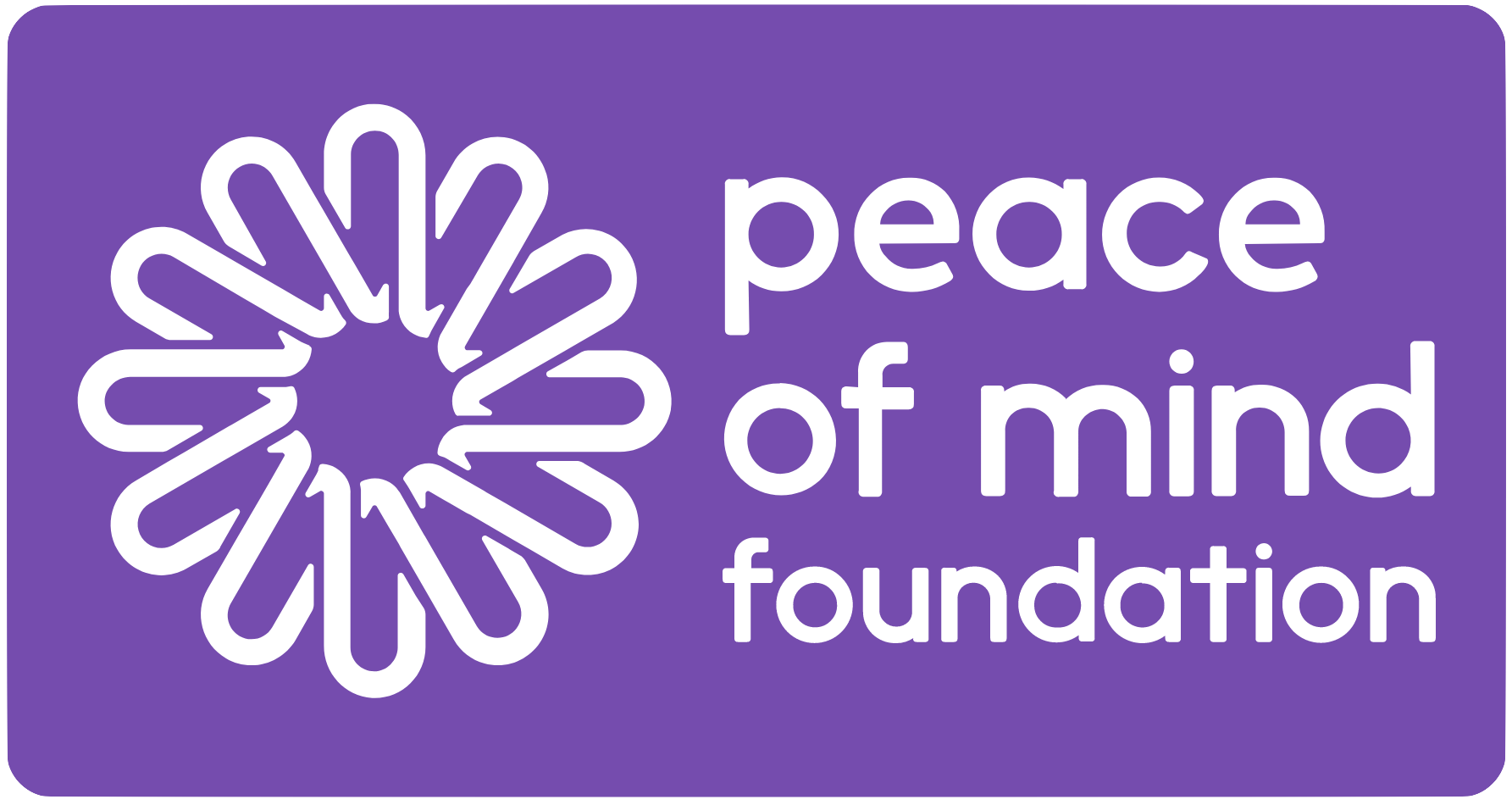Cass Bennett - The Survivorship Diary
Generally, medical experts cannot tell a patient how long tumours have been in the brain before they are discovered, but in my case, it was clear, the tumour had been growing for years. By the time I was diagnosed the tumour had infiltrated the left medial parietal lobe, with tentacles weaving around the various internal structures.
The tumour had started causing headaches. Headaches that would come on in the early mornings but pass by midday, these headaches went on for months. As fate would have it, my new GP started her medical career as a paediatric oncologist in Ukraine, and had, unfortunately seen many brain tumours. She immediately recognised the symptoms and ordered an urgent CT scan.
And so, here we are – an extensive, astrocytoma – or, Brain Cancer.
I was diagnosed on my sister’s birthday, in July 2018. I was 38, married, with two sons, aged 3 and 5. I was an accountant working for a large ASX listed company, heading a large team in a busy work environment.
Whether it be by wishful thinking or flat-out denial, it took me a little while to accept what I was up against. The mere thought of the diagnosis brought anxiety, angst, fear, and dread. So, in response, I refused to accept it.
Instead, I insisted on continuing in my corporate role despite surgery and chemotherapy. Determined to beat the diagnosis, I refused to give cancer any ground. But brain cancer has its own agenda, and eventually the brute force of the intrusion in my brain from the tumour and the chemotherapy was causing malfunctions I did not even realise were occurring. Soon it became clear that I was not able to function in my role, and so, begrudgingly, nine months after diagnosis, I resigned and settled into a new role of ‘patient’.
When I finally took a break from working, I committed to trying to help research and patients in any way I could. My family and friends participated in fundraising events such as the Walk4Cancer, we ran the City2Surf in Sydney and the Point to Pinnacle in Hobart. I designed and sold water bottles, coffee cups and t-shirts to raise money to donate to various charities, but I still felt that there was more we could do. I wanted to help people with the disease in a more direct way, but without draining resources from research.
In my travels and discussions, I realised that we could offer more support to patients and their families in living with brain cancer. So, with the help of some of my good friend Ana, we built The Survivorship Diary. The Survivorship Diary is a tool that has been developed to help patients and their families a manage their various stages of treatment management, and care.
What is survivorship?
‘Survivorship’ is a bit of a catch all term, but broadly speaking, it means to focus on the health, and wellbeing of people and their families who living with, though, and beyond cancer therapies. This means that brain cancer survivorship starts at diagnosis and carries on through treatments, such as surgery, radiation, and chemotherapy, into a pathway of living with the disease after treatments have been completed.
My personal experience is a that ‘survivorship’ is about managing the diagnosis is more than just treatments and therapies, it is about finding a way to live a life that is directed both because of the disease, and in spite of it.
Launching The Survivorship Diary
I am excited that we have finally finished this project and from the beginning of May, to tie in with Brain Cancer Action Week, the Survivorship Diary will be offered to patients, families and medical professionals free of charge. The diary is made up of dedicated chapters that focus on diagnosis, surgery, radiation, chemotherapy, neurology, emotional wellbeing, living with brain cancer, financial and insurance considerations, palliative care and other resources.
Keeping track of this information is a meaningful, part of what it means to live with brain cancer. After I was diagnosed, I found that the time moved so quickly between diagnosis and treatment that I really did not set up an easy way to track appointments and information as it was coming in.
When I left my GPs office on the day we found the tumour, I had one doctor, a GP.
Two days later I was meeting with neurosurgeon, medical oncologist, social worker, and a neurologist, that was just the first week. I added an extra 2 specialists to my list the following week.
My hope is that this resource will help future patients face their diagnosis with a little more confidence than I had.
The Team
The Survivorship Diary would not have been possible without some incredible teamwork. All the graphic design work has been volunteered by Ana-Clara Toth, Peace of Mind is distributing the diary and much of the medical expertise has been offered by the Brain Cancer Group - Care2Cure from Royal Northshore Hospital. We have also been supported by the Mark Hughes Foundation, BTAA, Peter MacCallum Cancer Centre and Cure Brain Cancer. Beyond that I have been supported by my other doctors, patients, and families of other patients without whom, I would have been able to bring this together.


